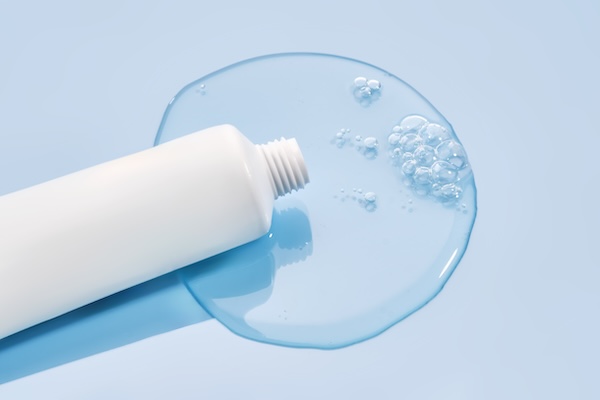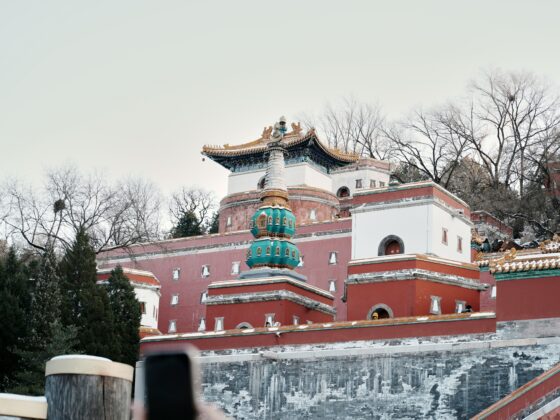
Some luxury hotels have spent the last decade investing in sensory branding, most notably through scent: Le Labo at EDITION Hotels; Diptyque at the Ritz-Carlton; Bamford in 1 Hotels. These fragrances became so recognizable that entire businesses have emerged to replicate them. Consider The Hotel Collection’s site, which offers diffuser oils labeled “Inspired by: The EDITION Hotel, New York.” These scents weren’t just accessories: They are emotional signatures.
The smart properties aren’t stopping at fragrance. They’re turning the bathroom into a branding opportunity, and they’re using skincare to do it.
A number of notable skincare and hotel partnerships have emerged in recent years. Fairmont and Le Labo’s exclusive Rose 31 collection; Ritz-Carlton swapped its old amenities for Diptyque’s Philosykos line; Waldorf Astoria standardized Aesop across its global portfolio; Le Méridien has a custom Malin+Goetz lineup. These aren’t just product swaps; they’re strategic decisions. (Aesop’s design alone turns a bathroom into a magazine shoot.)
Things are changing in the way hotels present skincare and haircare. With new sustainability laws phasing out single-use toiletries in New York, California and other states, the wall-mounted dispenser is no longer a budget signal: It’s a design statement. And when your hotel’s name is on the bottle itself, every use becomes a subtle, but lasting impression. It transforms a legal requirement into a sensory experience that feels elevated, intentional and ownable.
This shift is about more than aesthetics. Skincare is intimate. Guests pick it up, feel it, rub it in. They notice and remember.
It doesn’t end at the shower in the hotel. Just like how the EDITION nailed its scent so well that it now sells $185 diffusers and $80 candles, other hotels are beginning to do the same with skincare. When a guest buys your branded lotion or shampoo for their home, it becomes part of their daily routine. They see your logo every morning, every night—sometimes for years. It’s an emotional recall device that quietly pulls them back to your property long after they return home.
In a time of rising operational expenses and squeezed margins, adding an ancillary revenue stream that extends beyond a guest’s stay is a solid business strategy.
Hotel-branded skincare creates a different kind of souvenir: While a customer can’t take the view with them and likely won’t buy the bathrobe or the bedding, a smaller item—like shampoo or lotion—makes eminent sense; it’s the perfect gift or take-home momento, as long as the formula and scent are good enough.
Hotels realize that in-room details matter: texture of the towels, smell of the shower, weight of the hand-cream bottle. These are micro-interactions that shape macro-perceptions. If everything else about the hotel signals care, but the skincare screams “budget,” the illusion breaks.
Skincare, in this context, becomes more than a utility; it becomes hospitality.
If scent was phase one of sensory branding, skincare is phase two. And it might be even more powerful: scent hits you, but skincare stays with you.
Hospitality used to be about the big things, such as the chandelier in the lobby, the check-in champagne and the rooftop view. Today, the quietest flex could just be the bottle in your hotel shower. And that bottle just might bring your guests back time and time again.
This story was contributed by Jake Rosenberg, founder & CEO of Krete, a skincare and haircare company.








